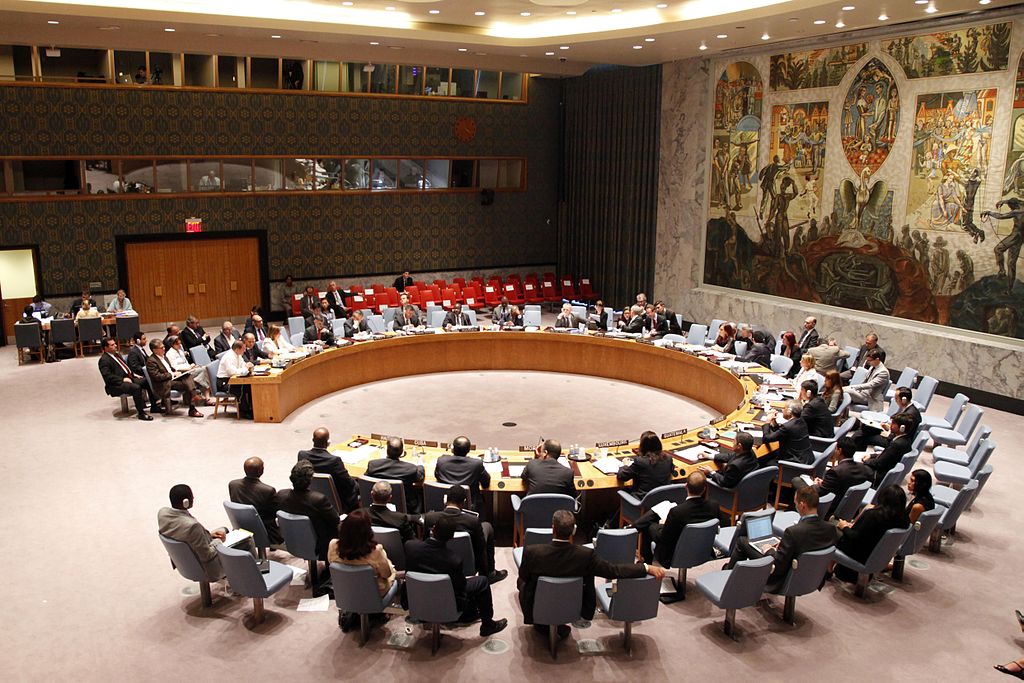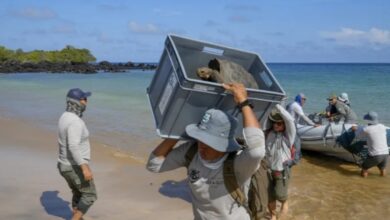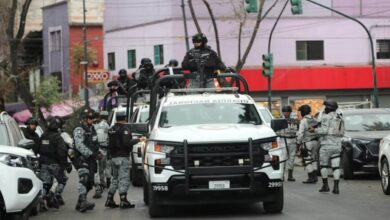Peru enters the UN Security Council




From January 1st, Peru joined the United Nations Security Council, the organism whose decisions are mandatory for every member of the multinational organization. Along with the peruvian nation, also Ivory Coast, Equatorial Guinea, Kuwait, Netherlands and Poland joined the Council. These countries will remain until the end of 2019.
Back in June, the new members were elected, during the General Assembly, where 186 of 193 state members of the United Nations voted to add the South American country to one of the most important organisms of the organization. Peru will lead the Council in April of this year.
The rest of the non permanent members are Bolivia, Ethiopia, Sweden and Kazakhstan; they will remain in the Council until the end of 2018. The list is completed by the permanent members, which are the ones that won World War II: United States, Russia, China, France, and the United Kingdom.
The members of the organism that are leaving are Japan, Egypt, Senegal, Uruguay, Ukraine and Italy. It is important to highlight that only two South American countries haven’t seated in the Council, they are Suriname and Guyana.
What is the Security Council?
The Security Council is one of the six organisms that constitute the United Nations. It was founded in 1946 and its key responsibility is maintaining international peace and security.
It is the body whose decisions, called “resolutions”,are mandatory and all the members of the UN must abide them. Any resolution, to be approved, must have 9 of the 15 votes of the Council members. Nevertheless, if any of the five permanent members choose to veto, the resolution will not pass.
The UN Peace Forces, or “blue helmets”, depend directly of the Council.
¿What are the challenges that the Council will face?
The Security Council will have to observe and ensure stability in multiple crises and conflicts around the world. One of the most important is the ongoing war in Syria, which since 2011 has faced loyal forces to president Bashar al-Asad, Syrian rebels and, most recently ISIS, for the control of several territories of the country.
Another emergencie that the Council members need to attend is the crisis in Yemen. There is a dispute over power that has led one of the biggest humanitarian crises nowadays.
Also, the Couincil has to evaluate the situation in North Korea and their attempts to turn itself IGNORE INTO a nuclear nation, as well as the political conflicts in Central African Republic, Mali and South Sudan.
LatinAmerican Post | Iván Parada Hernández
Copy edited by Marcela Peñaloza





